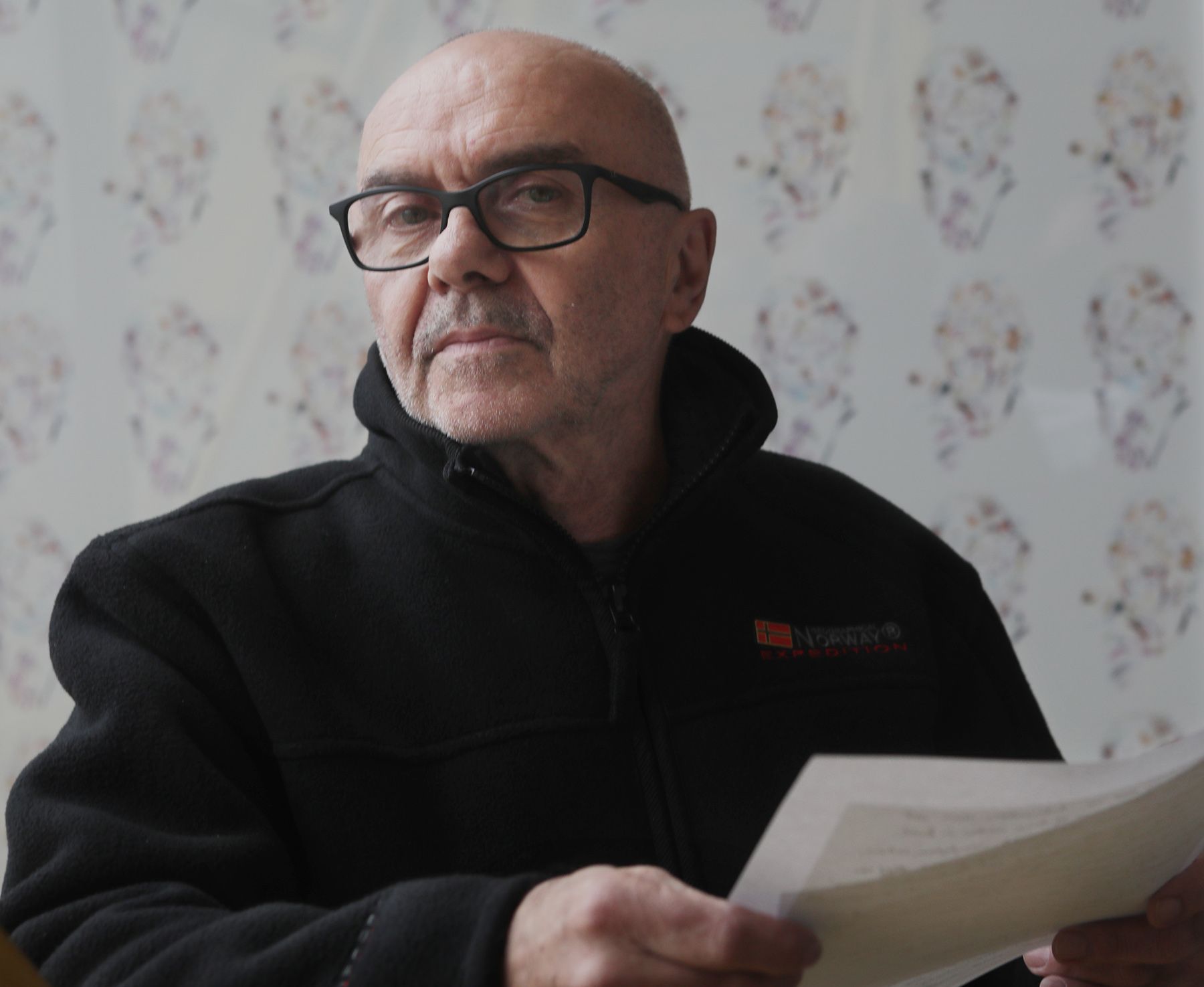CENSORSHIP by prison authorities during the long years of the conflict is something that has been well documented, but a recently discovered example has shown how one former prisoner was banned from reading an edition of the Andersonstown News, which dealt explicitly with the banning of newspapers.
Paul Butler, who served 15 years in the H Blocks of Long Kesh during the conflict, discovered notes from the prison governor which were attached to his prison file. The notes concerned a complaint Paul had made in 1984 over having a copy of the Andersonstown News removed from his prison parcel because it contained articles written in the Irish language, which prison censors were unable to read.
The prison governors' note – which wasn't disclosed to him at the time – went into further detail about the banning of the newspaper, with the governor adding that the Andersonstown News was not "a reputable paper".

Speaking about the recent discovery, Paul said: “I requested my prison records and I received quite a lot of material. I was going through them and I remember I had put in this petition with the Secretary of State making complaints. I made a few complaints!
"I spotted one complaint because they had banned me from having the Andersonstown News because it had Irish language news articles in it. There was a blanket ban, so to speak, on the paper in the prison at that time.
"Added into my notes were separate comments from the prison governor at the time which I didn’t see back in the day but were included within my files and in them he says that they would tolerate ‘foreign languages’ like Irish or French but the reason they banned the paper was because it wasn’t seen by them as being reputable.
Paul continued: “They said it was okay to have the Irish language in – and it was included in – papers such as the Irish News and Irish Times – I used to do their crossword – but they wouldn’t allow in the Andersonstown News.
"They were saying the Andersonstown News was subversive. It’s also very telling how they refer to Irish as a ‘foreign language’ as well and include it alongside the likes of French, even though we were in Ireland!”
“In 1984 the staff in the prisons and the authorities really didn’t like the Andersonstown News, first of all because of where it was located, in West Belfast and they also saw it as a republican paper.”
BANNED: The front page of paper Paul was banned from reading dealt with the banning of papers in prisons
Looking back through the archives we were not surprised at all to see that the exact edition from Saturday 11 August 1984, which Paul was denied from reading, specifically dealt with how Irish was being denied to prisoners in Long Kesh.
On the front page the article detailed how the SDLP and Sinn Féin had backed a campaign by Conradh na Gaeilge for the jails to provide prisoners with facilities to learn Irish. The article cites that the GAA had formally complained to Irish Foreign Minister Peter Barry TD about the suppression of Irish culture in the prisons. The article also states letters concerning the suppression of Irish cultural expression were also sent to public figures such as Pope John Paul II and US President Ronald Reagan.
BANNED: The continuation of the article which detailed Paul was banned from reading
Perhaps most ‘threatening’ to the prison authorities who censored Paul’s paper was the part of the article highlighted in bold type which stated: “Although Irish is spoken by the vast majority of republican prisoners in the H-Blocks, records, books, newspapers, letters and other material which contained even a few words in Irish have all been banned.
“The wearing of the Fáinni and the playing of Gaelic games is also forbidden. Visits are stopped when Irish is spoken and prisoners have alleged that a priest was warned not to say Mass in Irish or it would be stopped.”
Ironically, the article also contains a statement from a NIO spokesperson who said there was no suppression of Irish identity in the prisons.









